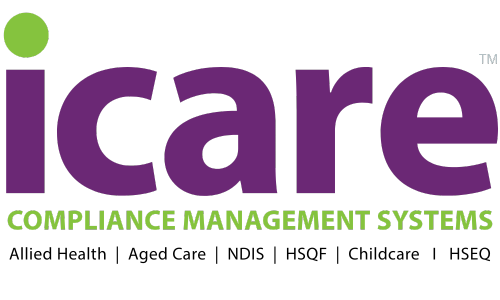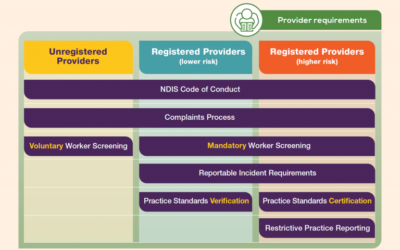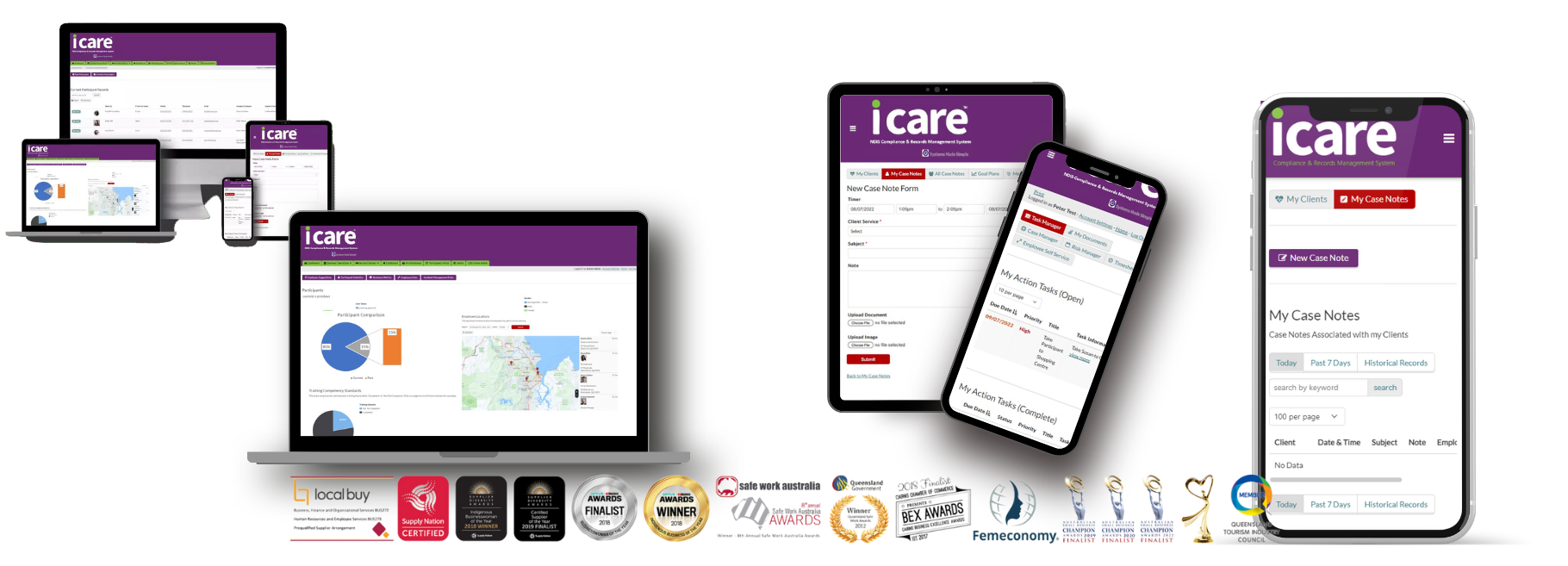Introduction
The National Disability Insurance Scheme (NDIS) is committed to promoting the safety, well-being, and rights of participants. In line with this objective, incident management plays a crucial role in the NDIS framework. In this blog post, we will explore the significance of incident management within the NDIS, its purpose, and the processes involved in ensuring the safety and accountability of all involved parties.
What is Incident Management?
Incident management refers to the systematic approach taken by the NDIS to address and respond to incidents that may occur during the delivery of supports and services to participants. An incident can be defined as an event or occurrence that impacts the participant’s safety, well-being, or their rights.
The Purpose of Incident Management
The primary purpose of incident management in the NDIS is to safeguard the participants and maintain a high standard of care. By addressing and managing incidents effectively, the NDIS strives to:
- Ensure Participant Safety: Incident management processes aim to protect participants from harm, abuse, neglect, or any other form of mistreatment.
- Promote Transparency and Accountability: By establishing clear incident reporting and management protocols, the NDIS holds service providers accountable for the supports they deliver.
- Drive Continuous Improvement: Incident management enables the identification of areas for improvement within the disability support sector, leading to enhanced practices and outcomes for participants.
Incident Management Process in the NDIS
The NDIS employs a structured incident management process to address and respond to incidents. This process typically includes the following steps:
- Incident Reporting: Service providers are required to report incidents to the NDIS within specified timeframes. Incidents can range from minor issues to serious events that require immediate attention.
- Incident Assessment: The NDIS conducts a thorough assessment of the reported incident, considering the nature, impact, and potential risks to the participant’s safety and well-being.
- Risk Mitigation and Support: Once an incident is assessed, appropriate actions are taken to mitigate risks and provide support to the participant. This may involve adjusting supports, implementing safeguards, or involving external agencies if necessary.
- Investigation and Analysis: In cases where a significant incident occurs, the NDIS may conduct an investigation to determine the causes and contributing factors. This analysis helps identify any systemic issues and inform strategies for improvement.
- Corrective Actions and Monitoring: Based on the investigation findings, the NDIS works with the service provider to implement corrective actions. These actions are designed to address the root causes of the incident and prevent similar occurrences in the future. Ongoing monitoring ensures compliance with the implemented measures.
Conclusion
Incident management is a crucial component of the NDIS framework, aiming to safeguard the well-being, rights, and safety of participants. By establishing robust incident reporting, assessment, and response mechanisms, the NDIS promotes transparency, accountability, and continuous improvement within the disability support sector. The incident management process ensures that incidents are appropriately addressed, learnings are gained, and the quality of supports provided to NDIS participants is continually enhanced.






